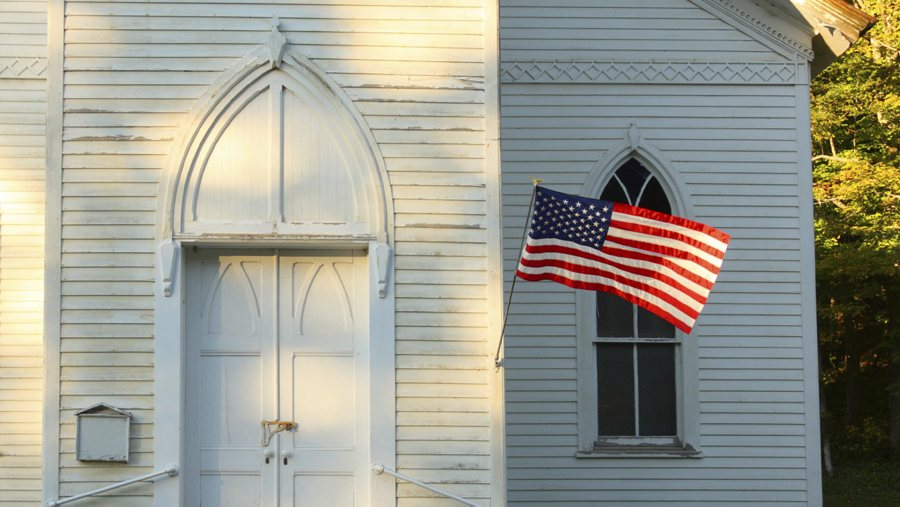Memorial Day: Robert Lowell, "America the Beautiful," and a few thoughts...
On a thousand small town New England greens,
the old white churches hold their air
of sparse, sincere rebellion; frayed flags
quilt the graveyards of the Grand Army of the Republic.
from Robert Lowell, "For the Union Dead"
I started to think this morning about Memorial Day, and all of the soldiers who have given
their lives --whether all at once, in or from battle, or over the years, slowly wasting and
fading away-- and Lowell's poem kept popping into my brain. So I decided this
morning to read it again; it's been several years since I really dug into it, and at the
time, I was more focused on the strange images: a little boy's nose smearing across
aquarium glass, the dinosaur-like heavy equipment, the ditch with dead Black
soldiers.
Today, though, I read it through, and I think I finally get it. The braiding of stories
into the poem's narrative creates the sense of loss-- especially the loss of childhood
wonder, and the realization that what we memorialize may be tainted by biases.
Shaw didn't love his infantrymen, and in fact,
Two months after marching through Boston,
half the regiment was dead;
at the dedication...
Their monument sticks like a fishbone
in the city's throat.
I wonder if we could take a metaphorical step back and truly take a hard look at
what we are memorializing. Yes, it is important to recall the sacrifices made by
military men and women, and I would add to that, the sacrifices made by their
families as well. But even under that gloss of honor and glory, there are
undercurrents, threads, of hostility, bias, racism, etc. that permeate.
Yesterday, the closing hymn at church was "America the Beautiful." My heart
rebels at the second verse, which proclaims,
O beautiful for pilgrim feet
Whose stern impassioned stress
A thoroughfare of freedom beat
Across the wilderness!
Whose stern impassioned stress
A thoroughfare of freedom beat
Across the wilderness!
I have a really hard time celebrating colonizers who decimated the indigenous
peoples, for example. Was it a "thoroughfare of freedom" or was it a land-grab? I just
stopped singing.
This is the core of the problem: when we have a holiday that is meant to honor
those who have come before, do we focus only on what perceived good it has done for us,
or can we, at least for a few sobering moments, consider what has gone on from
both sides of the question? That is not to say we sympathize with those we held
to be enemies, like Nazis. But the Civil War had family members fighting and
killing each other. And Memorial Day has its roots that begin just after the
fighting stopped, and "some records show that one of the earliest
Memorial Day commemorations was organized by a group of formerly
enslaved people in Charleston, South Carolina less than a month after
the Confederacy surrendered in 1865."
At any rate, Memorial Day, regardless of its unclear beginnings,
became a federal holiday in 1971, just as I was beginning my elementary
schooling. It is not a generations-long, established holiday like some
people would assert, and it was codified during the height of the Vietnam War.
History requires context.
So today, for Memorial Day, I think we would be best served to
remember not only the war dead and their grieving families
throughout US history as well as in our own communities and lives, but
we should take a honest look at what we as a country have lost, have
allowed to happen, and for what calculated gains. Maybe it'll help put the present
time and our divisiveness in a different light. What we, the living, do today will either
honor or undercut their best efforts.
In peace,
C




Comments
Post a Comment
Thanks for stopping by!